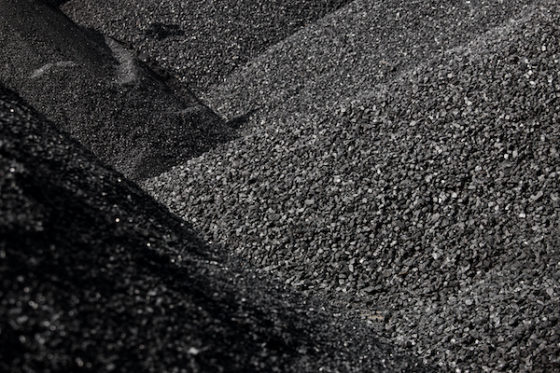Dutch to leave Energy Charter Treaty because of climate change conflict


The Netherlands is leaving a controversial energy treaty because it conflicts with Paris climate accord commitments, energy minister Rob Jetten said during a debate in parliament on Tuesday.
The Energy Charter Treaty, which was agreed in 1994, provides a framework for cross-border cooperation in the energy industry, principally fossil fuels.
However it has been criticised in recent years for its dispute procedures which can allow energy firms to sue states and the impact this can have on efforts to offset climate change.
This means that fossil fuel companies can take legal action and claim damages against signatory states because of loss of income and investment.
Recently, Italy was ordered to pay British oil company Rockhopper €240 million because it had been stopped from drilling for oil of the coast. The Dutch state faces a €1.4 billion claim from RWE because of its plans to phase out coal-fired power stations, and a similar claim from Uniper.
An alliance of 12 Dutch green groups recently called on the government to ditch the agreement. ‘It is high time to make corporate interests subordinate to those of society,’ said Marjan Minnesma of the Urgenda organisation.
‘The ECT is slowing down the energy transition needed to protect the ordinary man. Leaving the treaty is the only way to stop multi million claims from the fossil fuel industry and biomass power plants.’
Reform
While some efforts are being made to reform the ECT, Jetten said they do not go far enough. The minister said that he hoped all EU countries would leave the agreement at the same time but if that did not happen, the Netherlands would go it alone. Italy, Poland and Spain have already left.
Leaving the ECT will not put an end to potential law suits because of a ‘sunset clause’ which allows energy firms to make claims for investments made up to 20 years ago.
The Netherlands has not yet set a date for its departure and Jetten has pledged to provide more information shortly.
Thank you for donating to DutchNews.nl.
We could not provide the Dutch News service, and keep it free of charge, without the generous support of our readers. Your donations allow us to report on issues you tell us matter, and provide you with a summary of the most important Dutch news each day.
Make a donation